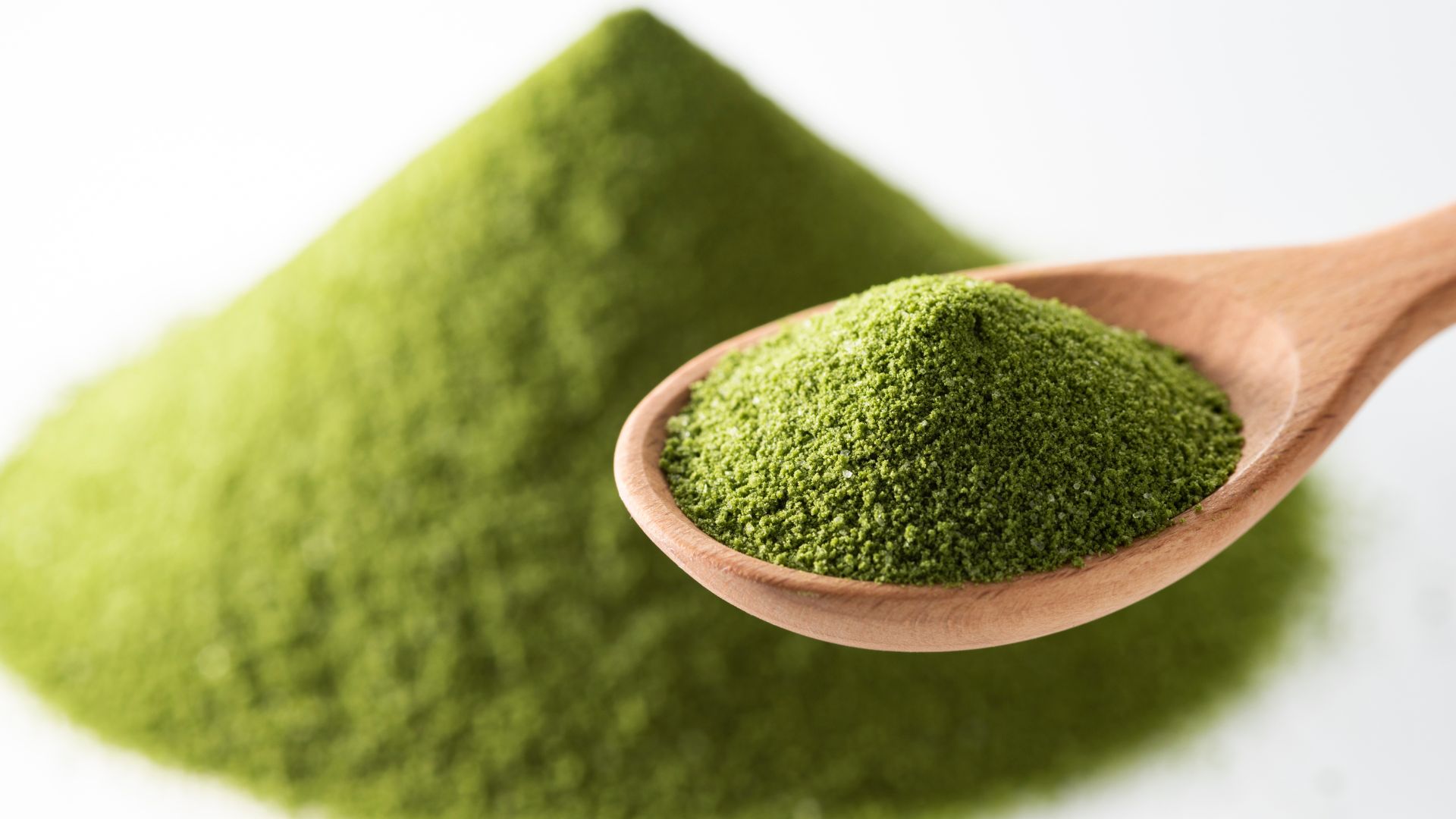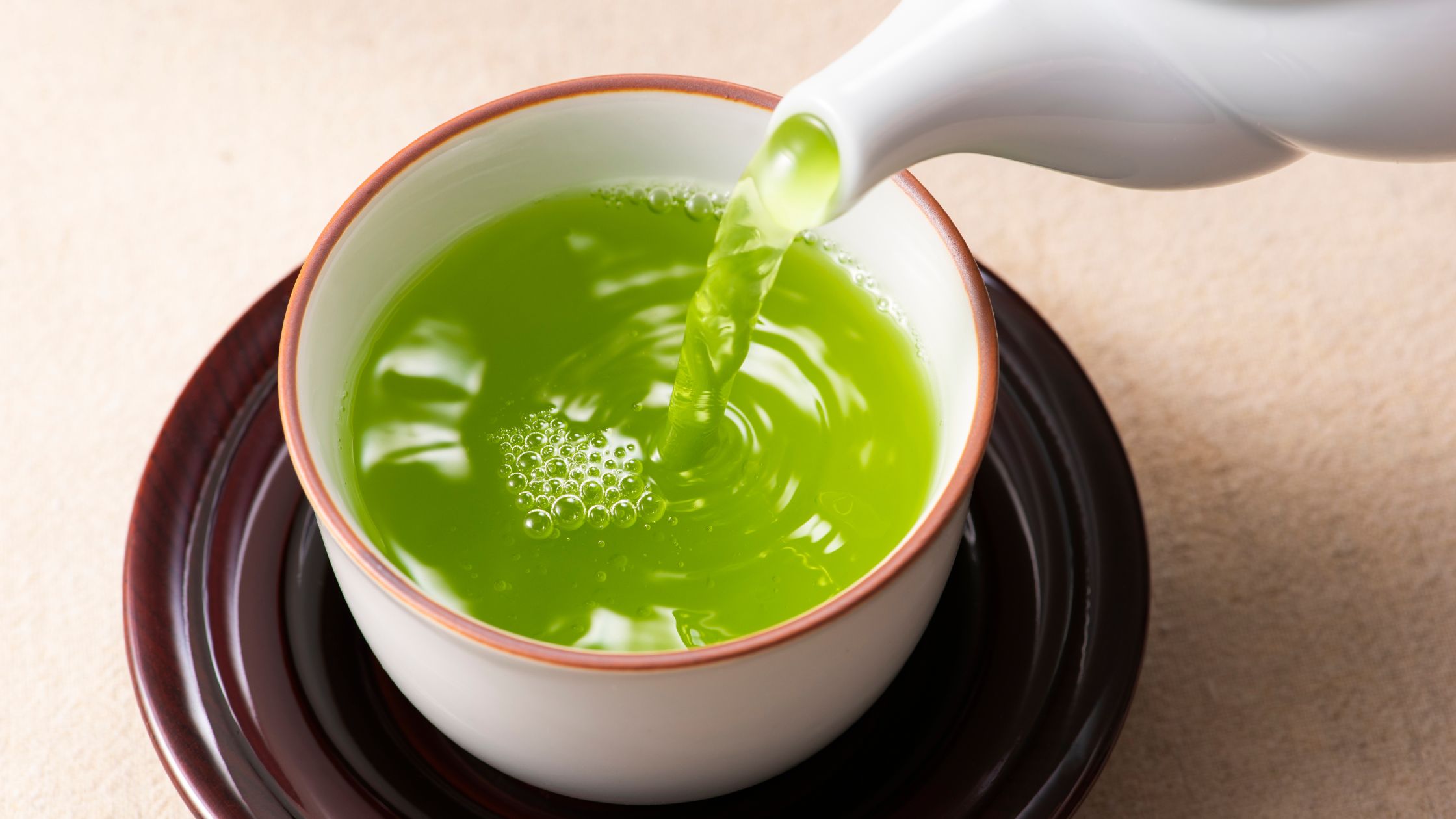5 Foods That Are Bad for Lung Health
A healthy diet helps all parts of the body, including the lungs. Foods with vitamins, minerals, and antioxidants protect lung tissue and help reduce swelling. However, some foods can cause inflammation, make mucus thicker, or hurt your lungs in other ways. Knowing which foods to avoid is important, especially for those who have asthma, chronic bronchitis, or other lung problems. This article will explain five foods that can harm your lung health.

1. Processed Meats
Processed meats include sausages, salami, chorizo, bacon, pepperoni, hot dogs, and deli meats. These foods have chemicals that help them last longer on the shelf. They also have high amounts of salt and additives. Too much salt can cause the body to hold extra water. Extra water in the lungs makes breathing harder. Some chemicals in processed meats may also irritate the airways.
Some research shows that eating lots of processed meat can lead to worse lung function and may increase the chance of getting COPD and its flare-ups. This might be because processed meat has a lot of nitrites. People with lung conditions may feel better if they eat less processed meat.
2. Fried Foods
Fried foods, like fried chicken and French fries, are high in unhealthy fats. Cooking food in oil at high temperatures creates compounds that can cause inflammation. Inflammation can make it harder for the lungs to work well. Fried foods can also lead to weight gain, which puts extra pressure on the lungs. Choosing baked or steamed foods instead can help reduce the risk of lung inflammation.
3. Sugary Foods
Foods and drinks with a lot of added sugars can harm lung health. Eating too much sugar raises the level of sugar in the blood. This can lead to more inflammation in the body, including the lungs. High sugar intake can also lead to weight gain. Extra weight can make it difficult for the lungs to expand fully when you breathe. Cutting back on sugary snacks, sodas, and desserts can help reduce inflammation and may improve lung function.
4. Salty Foods
A diet that has too much salt can cause high blood pressure and water retention. When the body holds extra water, the lungs may also hold extra fluid. This extra fluid makes it harder for oxygen to pass into the blood. A high-salt diet can also affect how well blood vessels work, which in turn affects the lungs. Reducing salt in your diet can help keep your lungs working properly.
5. Dairy Products
Some people think that dairy products, such as milk, cheese, and yogurt, can make mucus thicker. For some, the proteins in dairy may cause the body to produce more mucus. Extra mucus in the lungs can make breathing more difficult. However, studies have found that not everyone is affected by dairy in the same way. If you notice that your breathing worsens after you have dairy, you may want to eat less of it. It is a good idea to keep track of your symptoms and talk to your doctor if you have concerns.
Tips for a Lung-Friendly Diet
Eating well can support your lung health. Here are some tips for choosing foods that are good for your lungs:
- Eat Fresh Fruits and Vegetables: These foods have vitamins and antioxidants that help reduce inflammation. Try to eat a variety of colors in your fruits and vegetables.
- Choose Whole Grains: Foods like brown rice, whole wheat bread, and oats give you energy and help keep blood sugar steady.
- Pick Lean Proteins: Choose proteins like chicken, fish, beans, and legumes. These foods help your body repair itself without too many unhealthy fats.
- Drink Enough Water: Water helps thin mucus, which can make breathing easier. Aim to drink water throughout the day.
- Avoid Too Many Processed Foods: Processed foods can contain chemicals and additives that may increase inflammation.
How to Change Your Diet
If you want to improve your lung health, start by making small changes to your diet. You can reduce the number of processed meats and fried foods you eat. Try to replace these with lean proteins, fruits, and vegetables. When cooking, choose methods like baking, steaming, or grilling instead of frying. You can also cut down on foods that are high in salt and sugar.
Making these changes may help reduce inflammation and help your lungs work better. Remember, a healthy diet is one part of a healthy lifestyle. Other steps include regular exercise, not smoking, and keeping your environment clean. These steps can all help support your lung health.
When to See a Doctor
If you have lung problems, changing your diet can be a helpful part of your overall care. However, diet is just one part of managing lung conditions. If you notice that you have trouble breathing or if your symptoms get worse, talk to your doctor. They can help you make a plan that works best for you. Always follow your doctor’s advice for managing lung health.
Final Thoughts
Your lungs work hard to help you breathe. Eating the right foods is important to keep your lungs healthy. Processed meats, fried foods, sugary items, salty foods, and, for some people, dairy products, may hurt lung function. By choosing a diet rich in fruits, vegetables, whole grains, and lean proteins, you can help protect your lungs. Small changes in your diet can lead to better lung function and an overall healthier life. Always consult with your doctor before making major changes to your diet, especially if you have an existing lung condition.






